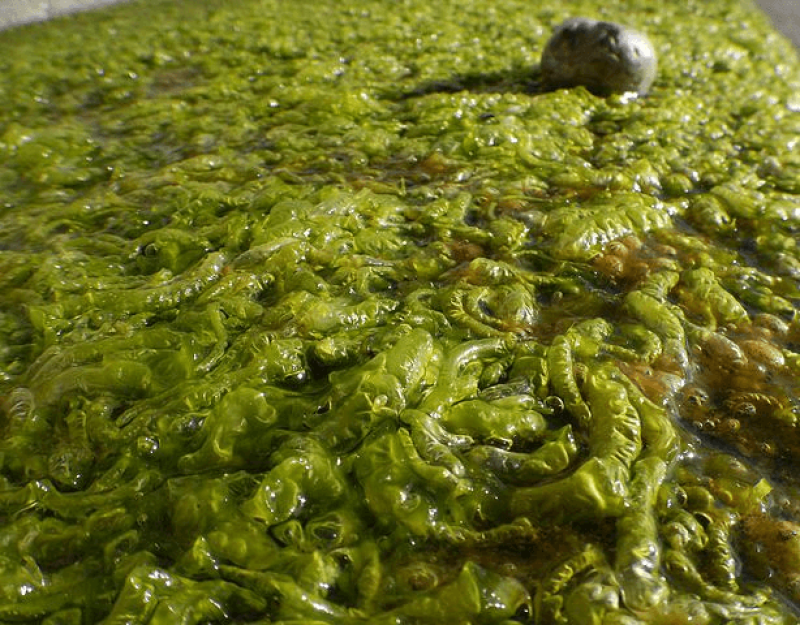The prominence of the forestry industry in Sweden’s bioeconomy has whipped up controversy. Many scientists, activists, and NGOs are critical of the outsized influence it has in the biobased sector as well as over the very direction of Sweden’s sustainable transition.
Replacing some uses of petrochemicals with wood and its derivatives can almost certainly contribute to carbon reduction. However, industry criticisms focus on its over-exploitation of natural resources and lack of attention to wildlife conservation.
…
Absorb Earth’s compact floating seaweed farms, branded OceanPod, feature thin, biodegradable ropes on which the algae hang and grow. These pods are released into the ocean where the algae will soak up sun, water, nutrients, and above all, carbon from the atmosphere.
…
MycoMine’s main product is MycoCube, a “biological, portable, and scaleable” treatment module in which the active component is fungi. The reusable cube works in-situ to minimise transportation of pollution. The company says it achieves a 99.9% degradation of oils and a 100 times reduction in carbon emissions needed to achieve treatment.































